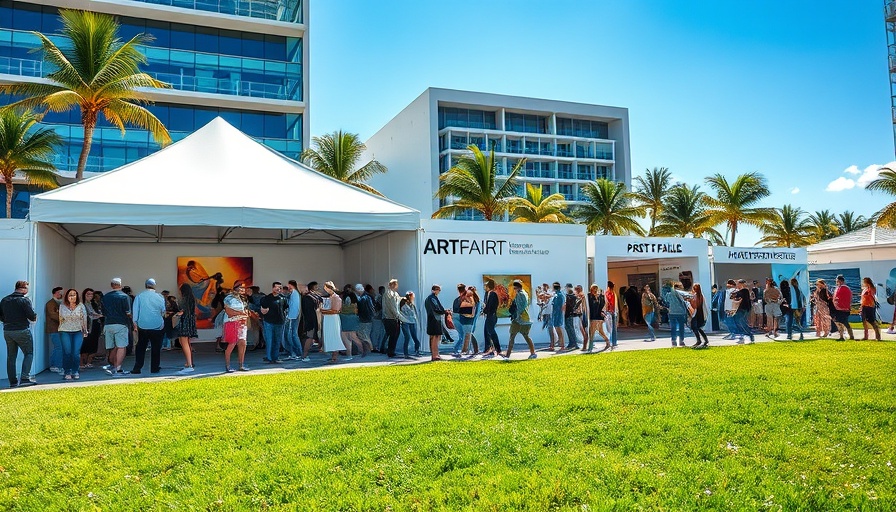
A Controversial Relocation of Art
The Rhode Island School of Design (RISD) is currently facing significant backlash from students regarding the relocation of a pro-Palestine art exhibition. Initially set to showcase powerful artwork that speaks to the Palestinian cause, the exhibition was moved from its prime location due to safety concerns, igniting a wave of protests across the campus. Students argue that this relocation not only silences important voices but also fosters a culture of censorship that compromises artistic expression.
The Heart of the Protests
The students’ protests are not just about the art itself, but about what it represents. As activists against oppression and advocates for free speech, many learners feel that moving the exhibition undermines their right to express solidarity with marginalized communities through art. The protesters expressed that art is a vital tool for social commentary, and its removal from accessible spaces could diminish the impact of its message. They argue that it’s crucial to provide a platform for voices that often remain unheard.
Connecting to Broader Social Issues
This situation at RISD highlights a much more extensive discourse surrounding art, political expression, and personal safety in educational institutions. Across the United States, conversations about censorship and freedom of expression are ramping up in both academic and cultural settings. Many students are linking RISD's challenges to nationwide trends where artistic expression conflicts with political sensitivities.
A Local Perspective: Art and Activism
It’s essential to recognize how local communities view art as a medium of activism. For Philadelphia’s top wage earners, whose interests lie in philanthropy and community initiatives, engagement with such issues through art can elevate their social responsibility. Understanding the community’s perspective on these protests not only resonates on an economical level but emphasizes the cultural fabric that ties affluent residents to local art movements which advocate for social justice.
What This Means for Philadelphia
Philadelphia has a rich history of social movements and artistic expression. As the city continues to grow, residents, especially those in upper income brackets, are encouraged to champion platforms for artists and activists within their communities. Events and frameworks that invite conversations about social justice, similar to those at RISD, can inspire local philanthropic efforts that address important issues while fostering robust community bonds.
Taking Action Amidst Controversy
The RISD incident is a moment for reflection and action within all educational and art-focused communities. Engaging in discussions about political expression, supporting local artists, and advocating for the accessibility of art is now more than ever essential to break the barriers of censorship. Top wage earners in Philadelphia can discern the importance of solidarity and create initiatives that facilitate open dialogues surrounding art and activism.
This is an opportunity for those invested in community development and cultural enrichment to step forward. By rallying behind movements that encourage creative freedom, affluent individuals can help create spaces that foster artistic expression without fear and ensure that marginalized voices are amplified.
 Add Row
Add Row  Add
Add 




Write A Comment